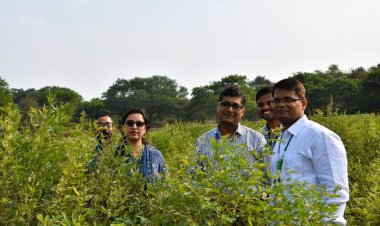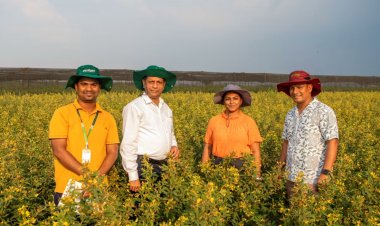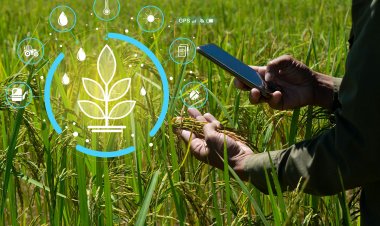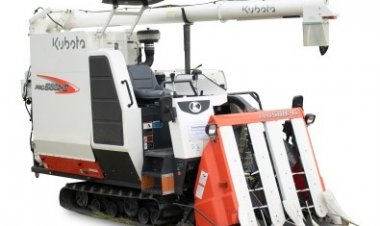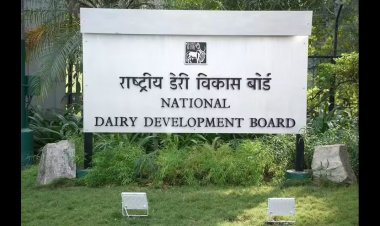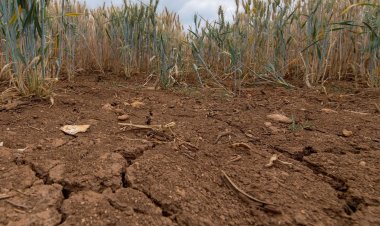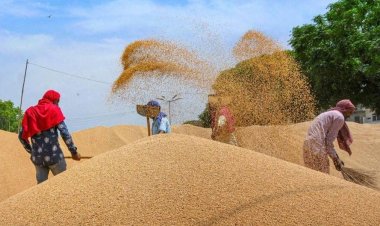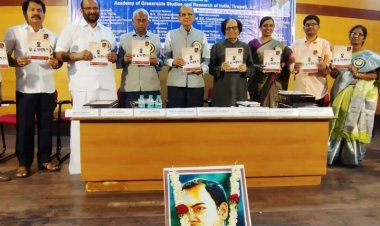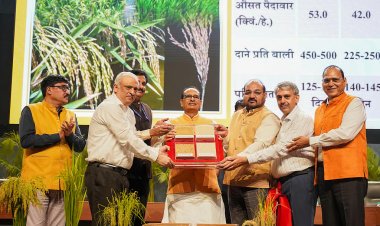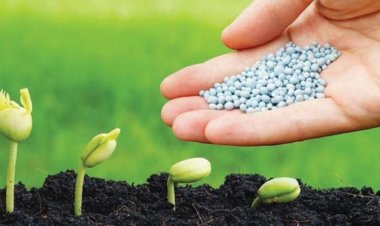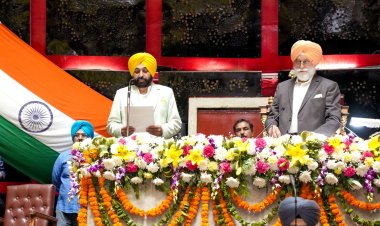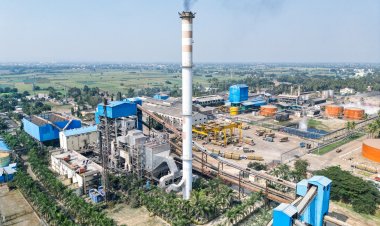Bacteria convert agri waste to useful tool for industries
The bacterium is called Bacillus sp PM06. The research study was conducted by Prof. Sathyanarayana N Gummadi, faculty of the Department of Biotechnology, IIT Madras and Rekha Rajesh, Research Scholar. In experiments, the IIT researchers showed that the bacterium can aid in producing industrial enzymes and value-added products like bioethanol from agricultural wastes. Bioethanol has a huge demand in several industries.
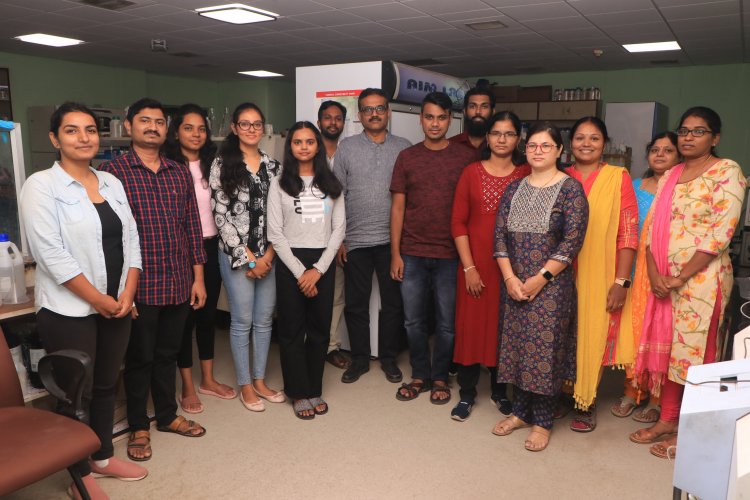
Agricultural wastes are a common problem in India, which is largely an agrarian society. Several ways of utilizing these wastes for some productive purposes have been worked out over the years.
Now, researchers at the Indian Institute of Technology (IIT) Madras have identified a bacterium that can convert agricultural wastes into enzymes that will be useful in industrial applications. The entire process is environment-friendly and cost-effective, they claim.
The bacterium is called Bacillus sp PM06. In experiments, the IIT researchers showed that it can aid in producing industrial enzymes and value-added products like bioethanol from agricultural wastes. Bioethanol has a huge demand in several industries.
Industrial enzymes such as alpha-amylase and cellulase are in high demand in various sectors that deal with textiles, paper, detergents and pharmaceuticals.
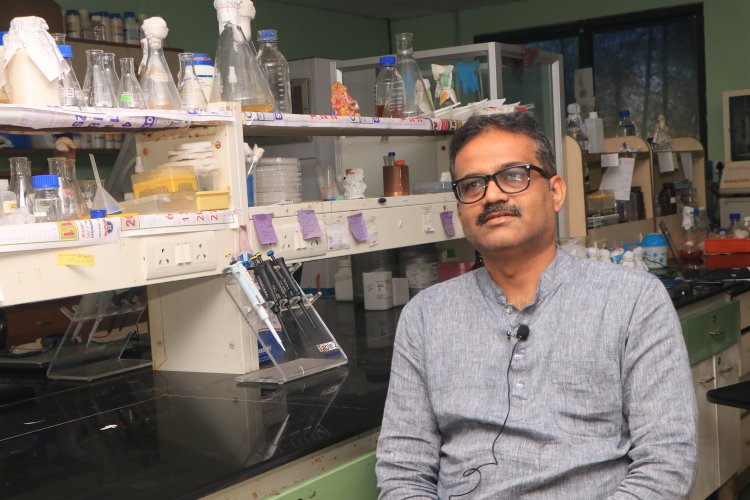
The research study was conducted by Prof. Sathyanarayana N Gummadi, faculty of the Department of Biotechnology, IIT Madras and Rekha Rajesh, Research Scholar. The findings of the research have been published in the peer-reviewed journal Biomass Conversion and Biorefinery (https://doi.org/10.1007/s13399-022-02418-z).
The problem of wastes
According to estimates, every year nearly 100 to 150 million tonnes of biomass are produced. In recent years, there is a high interest worldwide to make use of agricultural waste to produce industrial enzymes and second-generation ethanol as an alternative fuel source.
The three main agricultural wastes that are potential candidates for producing the enzymes are wheat bran, sago waste and rice bran. These residues are inexpensive and have a high potential to produce industrial enzymes. However, the challenge is that the complex structure of these residues makes it difficult to hydrolyze the enzymes. The pre-treatment process that is required to do the same is also costly.
In view of these issues, the researchers looked for alternatives and studied the bacterium, Bacillus sp PM06, which they isolated from sugarcane waste press mud.
These bacteria helped in the production of industrial enzymes and value-added products from agricultural waste. The wheat bran was found to be the most effective followed by sago waste and rice bran.
According to Prof. Gummadi, “The organism which we have isolated has a fermentation capacity to hydrolyze very low-cost lignocellulosic wastes without pre-treatment, thus reducing the cost of bioprocess for production of enzymes and metabolites”.
Compared to the existing technologies, “the most challenging aspect of bioconversion is the development of a one-step process which includes pre-treatment, enzyme hydrolysis and microbial fermentation, thus minimizing environmental impact. Many researchers are focused on isolating single microorganism producing multiple enzymes to solve the issues. But, IIT Madras researchers are successful in isolating a novel strain from sugarcane press mud,” he added.
One of the interesting aspects of the research is that it demonstrates the simultaneous saccharification and fermentation of different agro residues by a single, novel organism.
Secondly, it takes a sustainable and environment-friendly approach, producing renewable biofuels.
And finally, it’s relevant because it works on the principles of biomass-based biorefineries, which offer potential benefits for energy and environmental sustainability, the IIT Madras team states.



 Join the RuralVoice whatsapp group
Join the RuralVoice whatsapp group

















